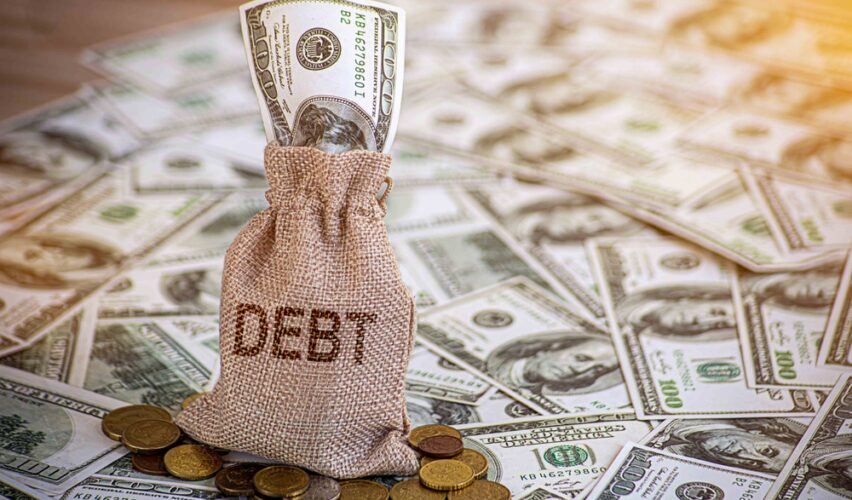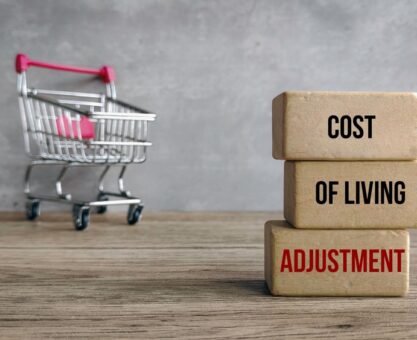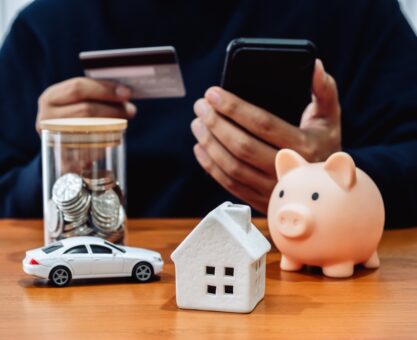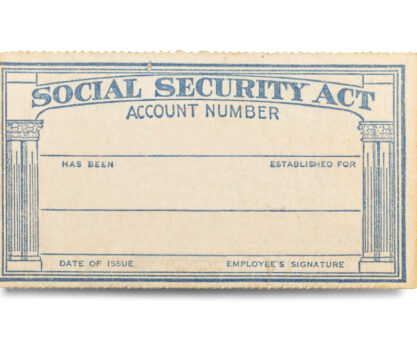A recent study shows nearly 50% of Americans expect to be paying off debt in retirement. There’s a difference between “Good Debt” and “Bad Debt.” “Good Debt” is a loan on something that appreciates in value over time. Like your home and other types of property. Everything else is likely “Bad Debt” — especially high-interest credit cards. In a perfect world, all of your debt will be paid off by the time you retire. But, in reality, carrying debt into retirement is the new normal.
Credit Card Debt
Credit card debt is considered “Bad Debt” because they usually charge the highest interest rates. If you do the math, you’ll likely find the monthly minimum payment on most credit cards is approximately 2% of your outstanding balance. When you’re only making minimum payments, you’re racking up more interest, month after month, and year after year. If you’re entering retirement with credit card debt, you might want to try to negotiate a lower interest rate or consider a balance transfer to a lower-interest credit card.
“Work with your bank to get a low-interest personal loan to pay off higher-interest credit card debt at a faster pace.”
Mortgage Debt
The money you owe on your mortgage loan is considered “Good Debt.” If your mortgage interest rate is low and your monthly payments are affordable, it may be worth remaining in your home for a few more years as the value of your property appreciates. Or, you can consider downsizing your home and putting some of the sale proceeds towards paying down your debt then adding the remaining funds to your nest egg.
Student Loans
Studies show that many pre-retirees and retirees are paying off loans they borrowed to help pay their kids’ college tuition. If this describes your situation, take the time to review the interest rates on your student loans and consider refinancing. Refinancing may help reduce your interest rate and change the loan terms to help lower monthly payments.
Other Ways To Pay Off Debts Faster
- Refinance your mortgage to cash out some funds from your home equity and use it to pay off credit cards, car loans, and other “Bad Debt.”
- Work with your bank to get a low-interest personal loan to pay off higher-interest credit card debt at a faster pace.
- When you find yourself with an unexpected cash windfall, inheritance, or even a healthy tax return, use the money to pay down your debts.
- If your kids are grown and out on their own, consider cashing in any life insurance policies that have earned cash value to pay down debt.
To learn more, connect with an FRC® trained advisor.


























